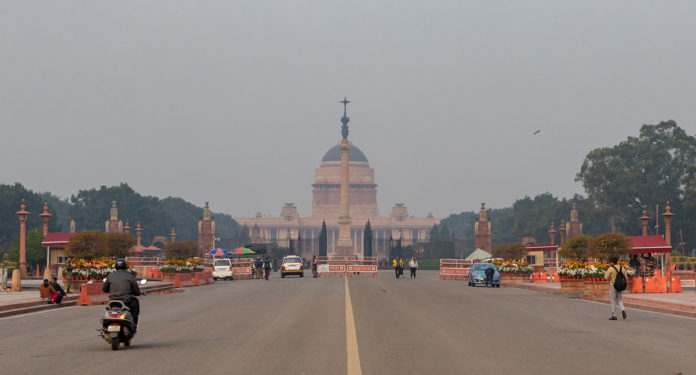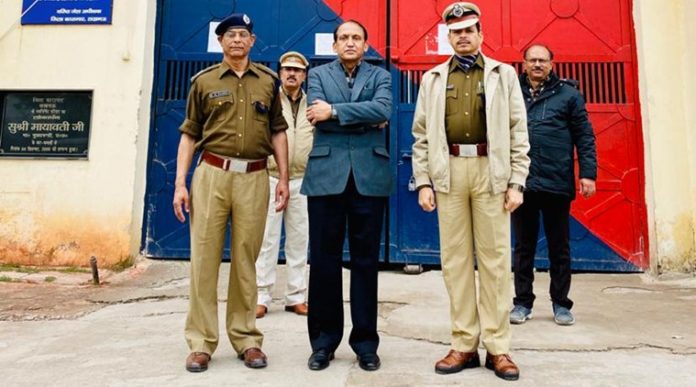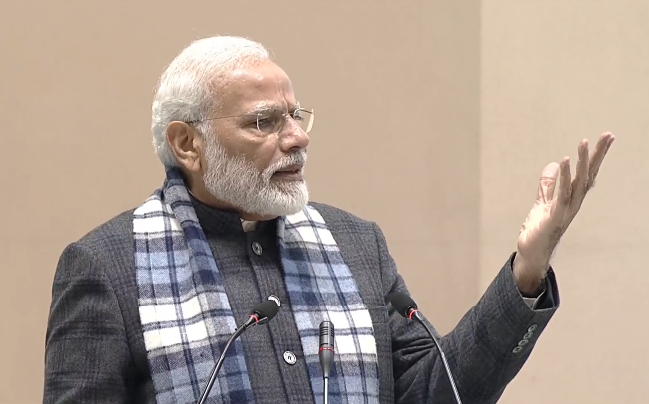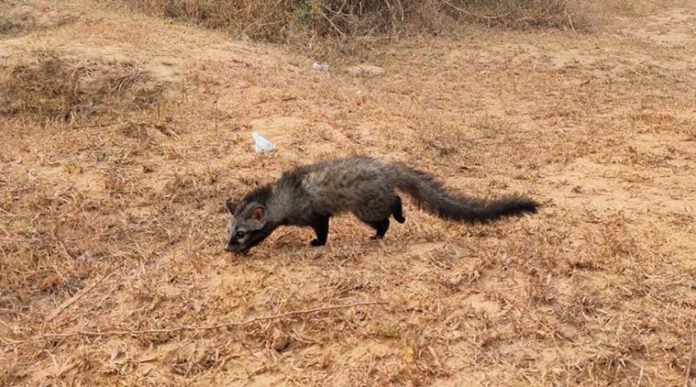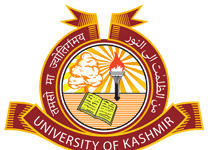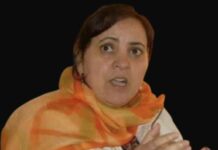New Delhi (NVI): Wetlands are vanishing three times faster than forests, according to a report of the Ministry of Environment and Forests, which cites pollution, over exploitation of resources and climate change as some of the major reasons for it.
The report says 35% of wetlands have disappeared since the 1970s and 87% have been lost since the 1700s.
Drainage and infilling for agriculture and construction and overfishing (an example of overexploitation of resources) are some other reasons posing threat to the wetlands.
To raise awareness on the values wetlands have for nature and society, each year, ‘World Wetlands Day’ is celebrated around the world.
A specific theme is attached to this day every year. The 2020 theme ‘Wetlands and Biodiversity’ has been chosen to initiate actions against the losing plant biodiversity of wetlands.
The impact of human civilisation on wetlands is a matter of concern as these ‘biological supermarkets’ play an important role in reducing the impact of extreme weather events such as floods, droughts and cyclones.
2nd February of each year is celebrated as World Wetlands Day to mark the date of adoption of Ramsar Convention on Wetlands. The Convention is the only multilateral environmental agreement to date for conservation and wise use of wetlands.
The Convention on Wetlands, called the Ramsar Convention, is an intergovernmental treaty that provides the framework for national action and international cooperation for the conservation and wise use of wetlands and their resources. The Convention was adopted in 1971 at the Iranian City of Ramsar.
India is endowed by a rich diversity of wetlands ranging from high altitude wetlands of Himalayas, floodplains of mighty rivers as Ganges and Brahmaputra, lagoons and mangrove marshes on the coastline and reefs in the marine environments, according to the MoEFCC report.
“Water is life, and wetlands are the life support systems that ensure functioning of water cycle,” the report says, adding that wetlands are rich reservoirs of biodiversity.
40% of the world’s plant and animal species live or breed in wetlands. Over 1,00,000 freshwater species have been identified in wetlands so far. Coastal wetlands, especially, are among the most biologically diverse places. As per National Wetland Atlas, nearly 4.7% of India’s geographical area is under wetlands.

